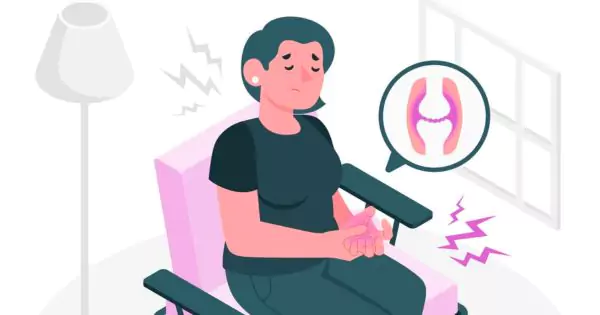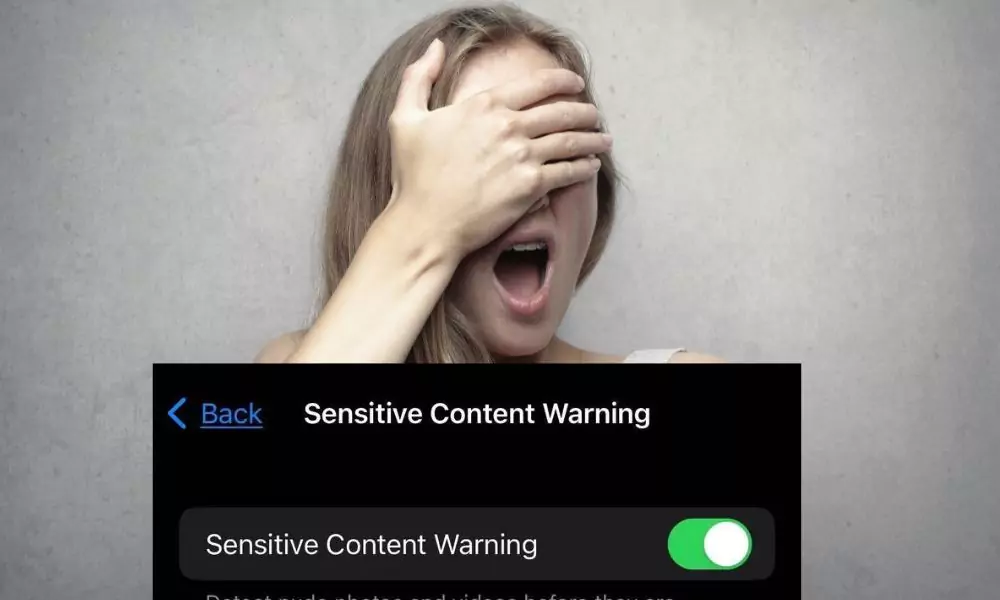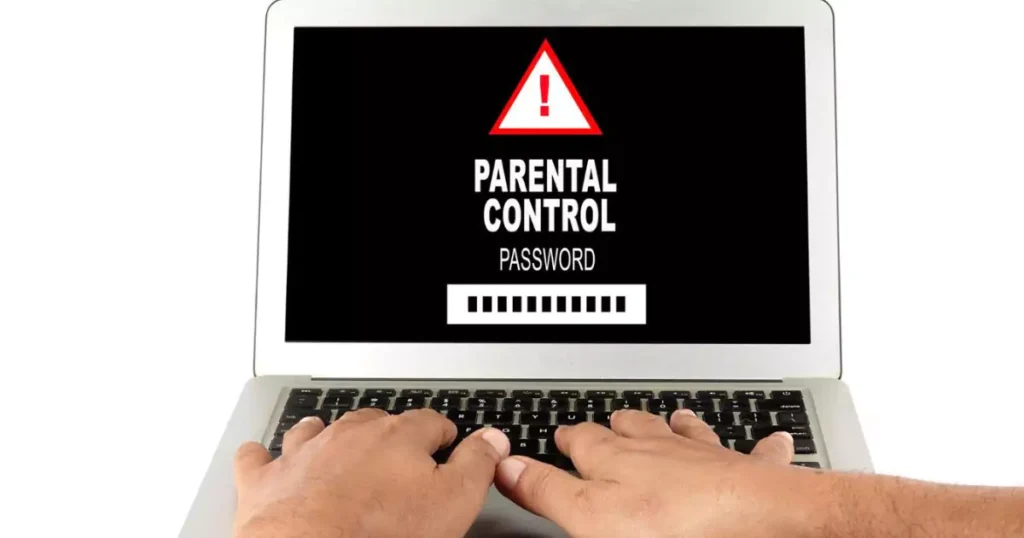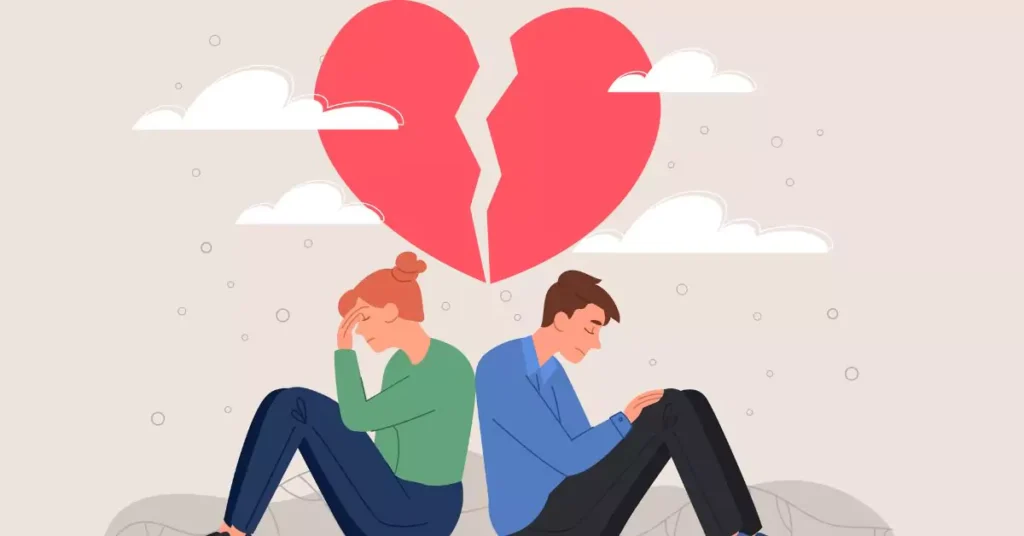Previously, we discussed the male perspective during the no-contact rule and delved into what men need from their ex-girlfriends to find contentment. Today, we shift our focus to the female mind during this period.
We will explore in detail why women decide to break up with their partners, what transpires within their thoughts during no contact, and the reasons that might lead them to come back.
But before we delve deeper, it’s essential to recognize that the female mind operates with some differences from the male mind. Generally speaking, the female mind tends to be less rational and more emotional and instinctual.
Statistics reveal that, in comparison to men, women are more sensitive to negative external forces such as stress, anxiety, fear, and depression, which is why they experience mental health issues more frequently.
However, it’s crucial to note that these differences don’t solely stem from biological factors. A person’s upbringing, past experiences, support systems, and coping mechanisms all play significant roles in how they respond to external stressors. Therefore, it’s not accurate to stereotype individuals solely based on their gender.
Moreover, it’s a mistake to assume that women can’t think rationally when they are stressed, in pain, or anxious. A woman’s ability to be rational largely depends on her mental strength, which develops during her childhood, teenage years, and later in adulthood.
So, if you’re curious to learn more about the female mind during the no-contact rule, continue reading. This article aims to shed light on women’s post-breakup behavior and provide insight into understanding them better.
Factors That Shape Women’s Behavior
Studies from Studyinternational indicate that women often outperform men academically worldwide. This trend reflects women’s dedication and patience in their pursuit of education.
However, when it comes to relationships, why do some women seem to unleash negative emotions on their partners when they’re stressed?
The explanation lies in the personal development of individuals. People, regardless of gender, act based on their level of personal growth. Those who struggle to control their emotions tend to remain impulsive and reactively project negativity onto others. Often, such individuals haven’t learned to manage their emotions and reactions effectively.
It’s essential to understand that impulsivity can result from factors such as:
- Lack of self-awareness and understanding.
- Personality traits.
- Hormonal fluctuations.
Some women may not grasp that it’s acceptable to feel anger but not acceptable to direct that anger onto their partners, causing harm.
These principles apply to men as well. Men might tell their partners to “calm down” without proper communication skills, inadvertently worsening the situation. This miscommunication leaves both parties frustrated.
It’s vital not to stereotype all women as impulsive, manipulative, or vengeful, as most women do not fit these descriptions. They may appear more emotional because they feel their emotions intensely, but it doesn’t mean they’re inherently impulsive. Remember that people’s behaviors result from a combination of experiences and evolution, not just their gender.
Insights into the Female Mind During No Contact
Given women’s emotional nature, let’s delve into what your ex-partner might be feeling during the no-contact period.
After weeks of perceived neglect, suffocation, disrespect, or other negative experiences, your ex is likely undergoing a tumultuous emotional journey. She may vividly recall moments when you failed to meet her expectations, leading to feelings of repulsion.
She clings to these emotions—anger, repulsion, relief—as they reinforce her belief that ending the relationship was the right choice. At this stage, she’s focused on self-improvement and relationships with others, not discussing matters related to her past relationship.
As the one initiating the breakup, she might perceive herself as a victim and guard herself against potential harm by maintaining distance. However, with time, reflection, and a more rational perspective, her feelings could evolve. She may come to regret her actions, feel guilt, and reach out to offer friendship.
The prospect of friendship serves her dual purposes: convenience and maintaining control over the interaction. She can engage when it suits her and withdraw when other priorities arise.
It’s crucial to grasp that attempting to communicate with your ex while she remains unattracted to you is counterproductive. Her opinion of you is unlikely to change through begging or pleading, as she’s emotionally drained and prone to misinterpret your intentions.
Statements like “I love you, but I want to be single for a while” often lack authenticity because genuine love typically involves a desire for closeness, not distance. If she still cares for you, she’ll want your reciprocation, fearing someone else might fill your role.
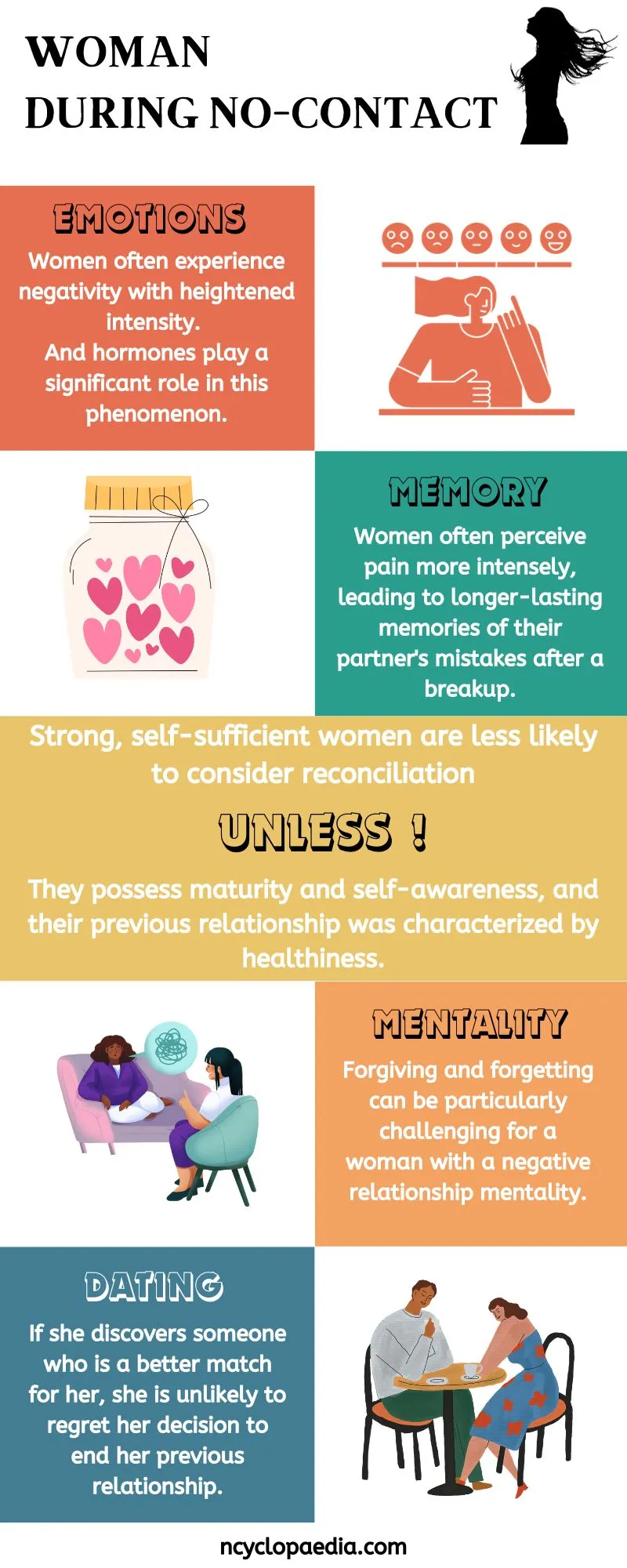
Avoid clinging to hope immediately after a breakup. While your ex-girlfriend or ex-wife goes about her life, focus on your healing and detachment. Attempting to impress or convince her to give you another chance will likely lead to further misunderstandings.
Reevaluating Your Ex’s Perception
It’s essential to understand that your ex may have developed a negative image of you, influenced by negative thoughts and a lack of gratitude. She may have painted you in a certain light to justify her decision to leave and assert control over the situation.
However, you should not blame yourself for her feelings. Both parties contribute to a relationship, and if it deteriorates, it’s a shared responsibility. Relationships require ongoing effort and communication; neglecting these aspects allows negative patterns to emerge.
So, if you’re wondering why some women seem to move on completely after a breakup, remember that their perception plays a significant role. The dynamics of the relationship can shape how they view their ex-partners.
Understanding Her Thoughts During No Contact
Immediately following a breakup, your ex is unlikely to dwell on the positive aspects of your relationship. She’s likely overwhelmed by a sense of relief, believing that she’s now free to pursue her desires without constraints.
This newfound independence can lead to noticeable changes in her behavior. She may begin dating someone else quickly and appear euphoric. However, this happiness is often short-lived. Once the initial excitement subsides, the relationship may face challenges.
If she doesn’t enter a new relationship, she might focus on self-discovery and engage in activities she previously avoided. Her goal is to disassociate herself from you, distract from negative emotions, and foster personal growth.
During this period, your ex’s thoughts are primarily centered on herself and her newfound freedom. While it may seem like she’s moved on completely, remember that her initial happiness might not be indicative of a lasting relationship.
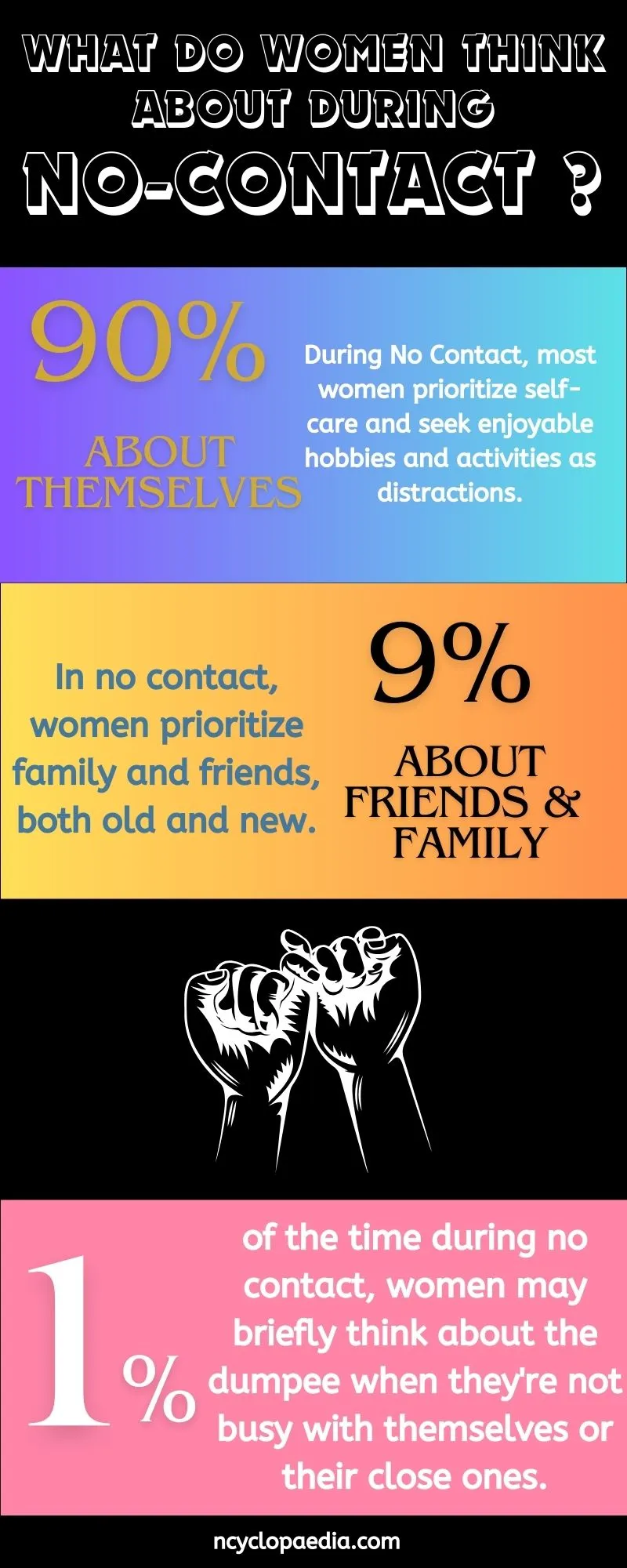
Is She Thinking About Me during no-contact?
The female mind during no contact isn’t vastly different from the male mind. Women, like men, occasionally think about their ex-partners when prompted by specific circumstances.
The key distinction is that women often embed negative emotions into their subconscious, which can lead to prolonged memories of past events. Emotions, both positive and negative, tend to leave a lasting impression in our minds.
If you’ve neglected your ex for an extended period, she may struggle to forgive you. She might hold onto the negative emotions stemming from past experiences, using them to maintain a sense of control.
It’s essential to recognize that you cannot change your ex’s feelings directly. However, you can provide her with the space needed to reduce the frequency of thoughts related to your past relationship and her negative emotions.
If the breakup is recent, or if your ex hasn’t displayed interest in reconciliation, understand that she may not be receptive to communication at this stage. Your ex requires time to focus on herself and heal.
Can She Forget My Mistakes?
If your ultimate goal is to reconnect with your ex, you must work on altering her negative perception of you. Understand that you cannot force this change through words or actions directly.
Instead, the passage of time can help her gradually forget your mistakes and become open to reconciliation. No contact allows her to distance herself from negative emotions and perceptions associated with your past actions.
While your ex may not forget your significant mistakes entirely, she can use this time to alleviate emotional pressure and become more open to the idea of reconnecting. Negative experiences can lead to introspection, nostalgia, and eventual regret, potentially motivating her to initiate contact.
Worrying that she will completely forget you during no contact is unfounded. The human mind does not function that way, especially the female mind, which tends to hold onto memories and emotions.
However, maintaining contact while displaying a lack of confidence can worsen her perception of you, making her less likely to reconsider the relationship. In such cases, she will prioritize her own well-being over reconnecting with you.
If your ex caused you emotional pain, it’s advisable to maintain indefinite no contact. Focus on self-improvement and allow her the space to heal. Reconciliation may not be feasible if your actions deeply hurt her and continue to haunt her thoughts.
Waiting and Healing
As time passes, your ex may gradually forget some of your shortcomings and develop more positive memories of your time together. No contact can help her separate negative thoughts and emotions, potentially leading to nostalgic moments.
The power of no contact lies in allowing your ex to reset her feelings about you over time. Most individuals eventually cool off and become more open to friendship. Whether your ex desires communication and friendship depends on her self-awareness and how you treated her during the relationship.
If you’ve engaged in abusive behavior, your chances of reconciliation may be slim. No contact won’t work if your ex cannot move past the pain you inflicted. In such cases, her focus will be on self-preservation.
So, if you’ve caused significant harm to your ex emotionally or physically, it’s essential to focus on personal growth, allowing her the time and space to heal. If she returns to your life, it will likely be because she perceives a positive change in you or because she encountered worse experiences elsewhere.
The Power of No Contact in Female Psychology
The concept of the 30, 45, or 60-day no contact rule is often misconstrued. It doesn’t magically compel your ex to return to you after a set time. Instead, it addresses your ex’s need for space, respect, and self-respect.
It’s crucial to avoid contacting your ex prematurely, as there are no magic solutions, spells, or quick fixes for rekindling a relationship. The only universally effective remedy is time spent apart.
No contact allows your ex to:
- Gradually forget your mistakes.
- Become more open to experiencing emotional pain.
- Encounter stressors that prompt reflection.
- Seek a potential solution, which may involve reconnecting with you.
To maximize the effectiveness of no contact, remember these four points. Avoid disrupting the process and sabotaging your chances of re-establishing contact with your ex.
During this waiting period, focus on your healing and detachment. While you don’t have to rush into new relationships, seek the support of friends and loved ones to help you navigate this challenging time.
Moving Forward
In the months or years following the breakup, your ex may gradually forget some of your flaws and reminisce about the positive aspects of your relationship. No contact can facilitate this process by allowing her to distance herself from negative emotions associated with your past.
The power of no contact lies in its ability to help your ex disassociate negativity from you and, at times, feel nostalgic. However, nostalgia alone is unlikely to lead to reconciliation. No contact provides the opportunity for her to stop feeling smothered, angry, annoyed, or vengeful.
The primary goal of no contact is to allow your ex to experience personal growth and healing independently. Most individuals eventually cool off and become open to the idea of friendship. Whether your ex chooses to communicate and rebuild a connection depends on her self-awareness and the dynamics of your past relationship.
If you engaged in abusive behavior, reconciliation may not be feasible. In such cases, your ex may prioritize her well-being and self-preservation.
So, if you’re dealing with a breakup where you caused significant emotional or physical harm, focus on self-improvement and allow your ex the time and space to heal. If she returns to your life, it will likely be because she perceives a positive change in you or because she encountered worse experiences elsewhere.




































































